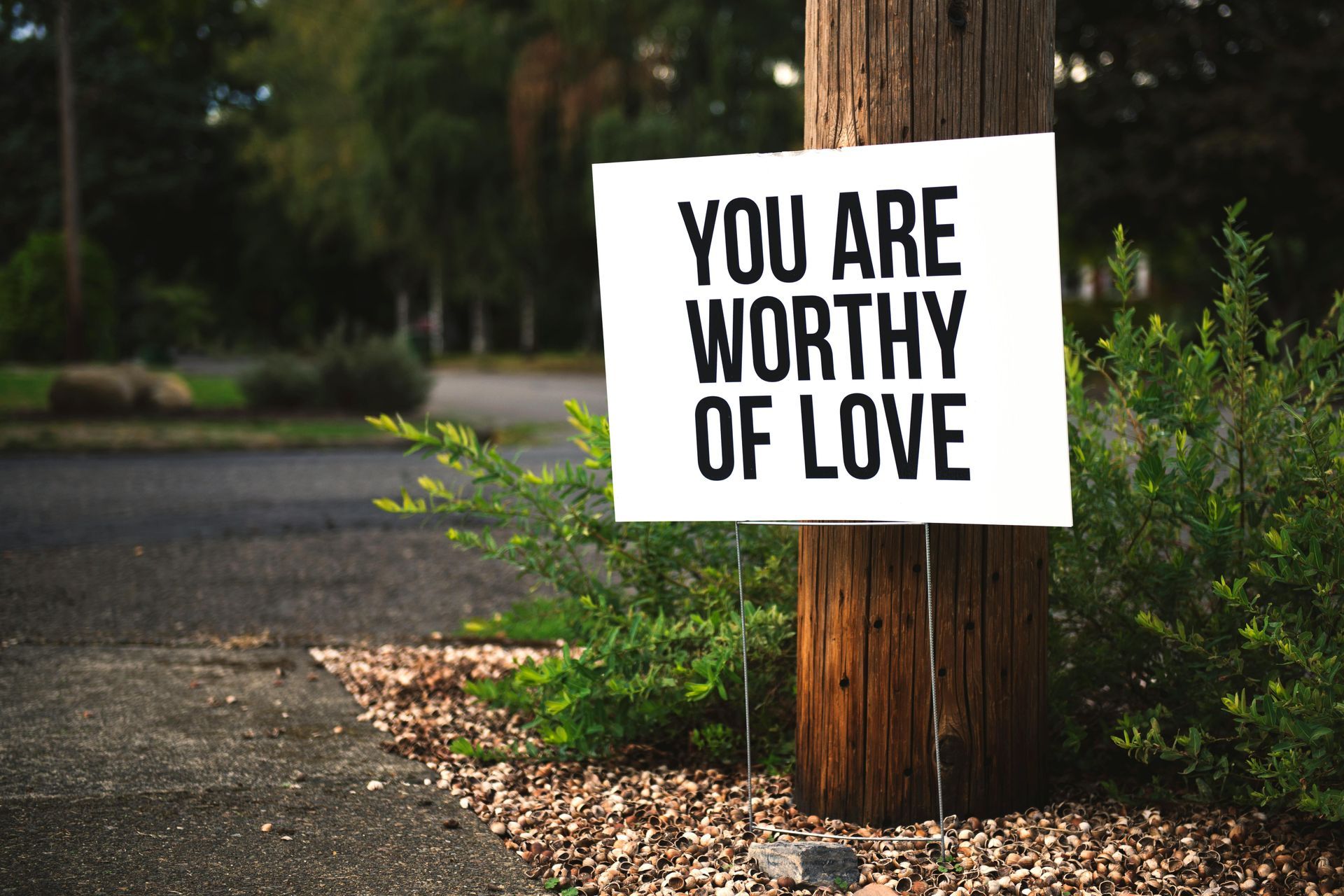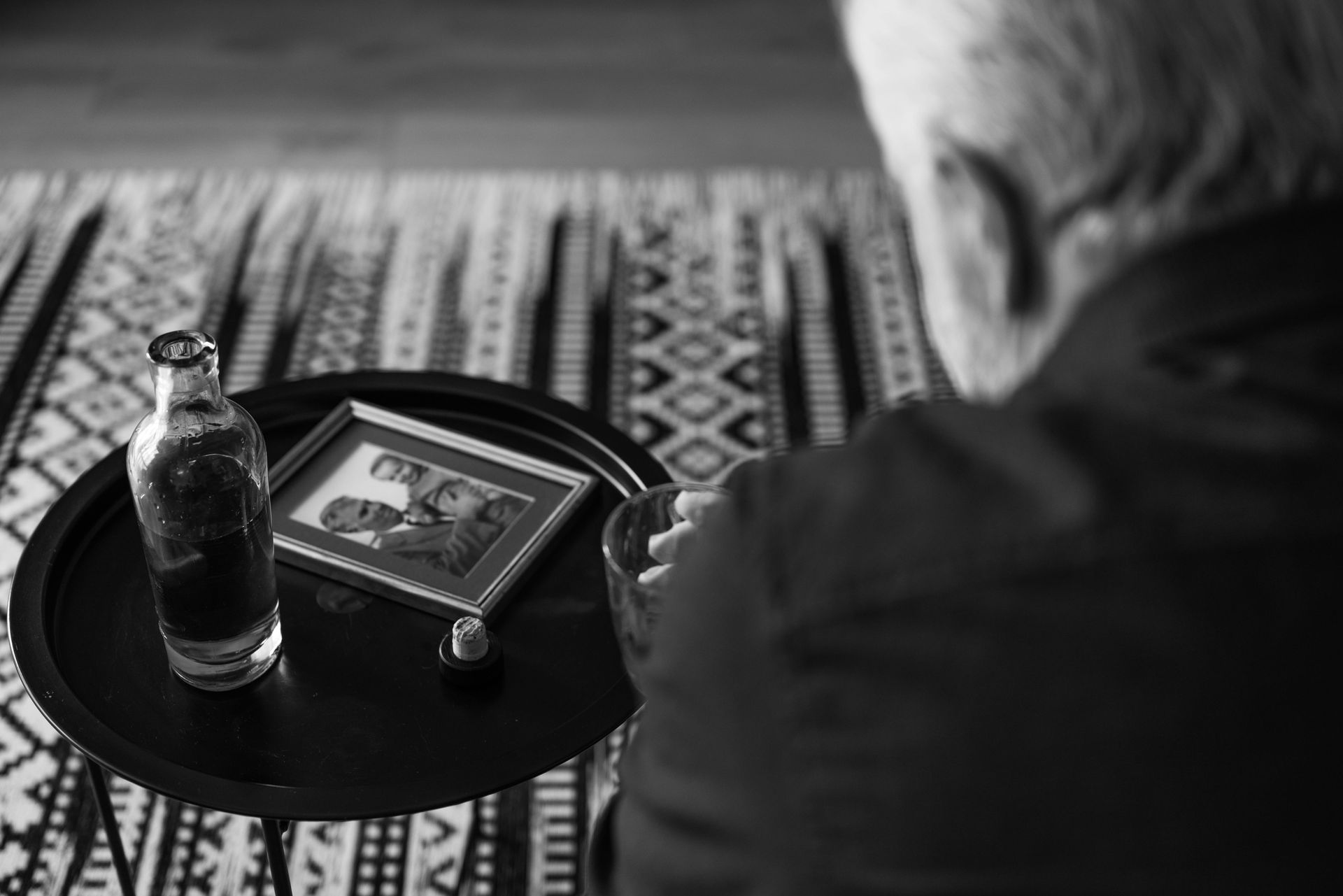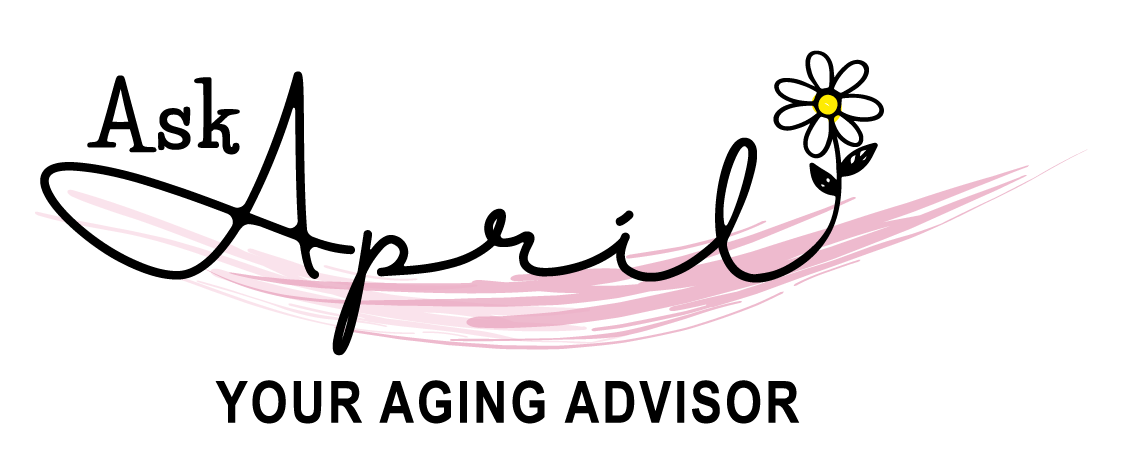The Power of Empathy
Let's Shift the Focus from Tasks to Feelings

Too often, care is treated as a checklist: get dressed, bathe, eat. But when we approach older adults solely with tasks in mind, it's no wonder they resist or refuse care—it overlooks their emotions, preferences, and discomfort. They don’t refuse the help itself, but the experience of being managed, stripped of autonomy and emotional connection.
- Loneliness and isolation are public health crises. Around 50% of older adults risk social isolation, with one in three feeling lonely—a condition linked to mortality risks comparable to smoking 15 cigarettes daily (Verywell Health).
- Nursing home residents suffer disproportionately. Nearly 61% report moderate loneliness, and 35% experience severe loneliness—almost double the levels seen in community-dwelling peers .
- Consequences reach far beyond sadness: loneliness is associated with heart disease, stroke, cognitive decline, dementia, depression, anxiety, and premature death (Wikipedia).
These aren’t just statistics, they’re pleas from individuals crying out for connection, understanding, and respect.
Why Empathy in Care Matters More Than Ever
- Empathy builds trust and lifts mood. Studies show that providers with greater empathy tend to improve patient satisfaction, compliance, and health outcomes.
- Empathy combats loneliness. Emotional attunement strengthens social bonds and promotes resilience (PMC).
- It reduces resistance to care. Older adults are less likely to refuse care when assistance is offered with warmth, involvement, and respect (BioMed Central).
Empathy vs. Compassion: A Subtle—but Powerful Distinction
- Empathy = feeling with someone. It’s tuning into their emotional world.
- Compassion = feeling for someone. It brings motivation to act, but doesn’t guarantee an emotional connection.
A task-driven approach offers compassion (“It's time for a bath”), but empathy invites collaboration (“Would you prefer to shower now or later this afternoon”). That emotional attunement helps older adults feel seen, not just served.
Putting Empathy into Action: Steps Toward Person-Centered Care
- Pause before action. Offer a moment of presence: "Can we talk for a second before we start?"
- Offer choices. Even small decisions—what to wear or when to eat—reinforce dignity.
- Validate emotions. Say, “I know accepting help is hard”—acknowledgment goes a long way.
- Train with simulations. Role-play real caregiving situations to build empathy skills .
- Use peer support. Group activities and social clubs reduce isolation and boost engagement
Aging Life Care Professionals
As an Aging Life Care Professional, I help families and providers build a person-centered care culture:
- Holistic assessments evaluate both emotional and physical needs.
- Empathy-based training equips caregivers to connect meaningfully.
- Ongoing coaching & advocacy keep individuals' experience at the forefront—not just task completion.
Find an Aging Life Care Professional in your area
Key Takeaways
- When care focuses only on tasks, older adults may resist—not because they don’t need help, but because they weren’t seen as whole individuals.
- By connecting emotionally with the person receiving care, empathy fosters trust, encourages cooperation, and promotes better mental and physical health.
- Small gestures (pausing, offering choices, using a respectful tone) compound into a more dignified, person-centered care experience.
Want to bring this approach to your loved one’s care?
I offer:
- Family coaching on empathetic communication
- Staff workshops grounded in person-centered care principles
- Complete care assessments with emotional well-being at the core
Let’s replace task lists with human connection,
helping every older adult feel recognized,
respected, and safe in their care journey.
You are not alone on this journey. I'm here to help.
Click here to schedule a free consultation.
References
American Psychological Association. (2019). The risks of social isolation. Monitor on Psychology. Retrieved from https://www.apa.org/monitor/2019/05/ce-corner-isolation American Psychological Association
Centers for Disease Control and Prevention. (2023). Social isolation and adult mortality: The role of chronic inflammation and sex differences. Journal of Health and Social Behavior. Retrieved from https://en.wikipedia.org/wiki/Social_isolation Wikipedia
Holt-Lunstad, J., Robles, T. F., & Sbarra, D. A. (2017). Advancing social connection as a public health priority in the United States. American Psychologist, 72(6), 517–530. As cited in U.S. Department of Health & Human Services. (2023). Our epidemic of loneliness and isolation: The U.S. Surgeon General’s advisory on the healing effects of social connection and community. Retrieved from https://www.hhs.gov/sites/default/files/surgeon-general-social-connection-advisory.pdf
Michele M. Kroll. (2022, May 2). Prolonged social isolation and loneliness are equivalent to smoking 15 cigarettes a day. UNH Extension. Retrieved from https://extension.unh.edu/blog/2022/05/prolonged-social-isolation-loneliness-are-equivalent-smoking-15-cigarettes-day
Nienstedt, D., & co-authors (2021). Empathy‐based interventions in healthcare: A systematic review. Frontiers in Psychiatry, 14, 124962. Retrieved from https://www.frontiersin.org/journal
Northeastern AHEC. (2015). The role of empathy in clinical care. Retrieved from https://northernahec.org/the-role-of-empathy-in-clinical-care/ northernahec.org
Nursing empathy review group. (2023). A systematic review of research on empathy in health care. PMC, 12(1). Retrieved from https://pmc.ncbi.nlm.nih.gov/articles/PMC10012244/ pmc.ncbi.nlm.nih.gov
Petrocchi, N., Chiorri, C., & Clari, M. (2022). The key role of empathy in the relationship between age and social support. Scientific Reports, 12, Article 10487866. Retrieved from https://pmc.ncbi.nlm.nih.gov/articles/PMC10487866/ pmc.ncbi.nlm.nih.gov
Robson, S. (2022, November 2022). Loneliness is more dangerous than smoking 15 cigarettes a day. Fishers, IN Health. Retrieved from https://fishersin.gov/loneliness-is-more-dangerous-than-smoking-15-cigarettes-a-day/
University of Waterloo. (2025, June 16). Study: Loneliness doesn’t raise mortality risk. Journal of the American Medical Directors Association. Retrieved from https://uwaterloo.ca/news/media/study-loneliness-doesnt-raise-mortality-risk





